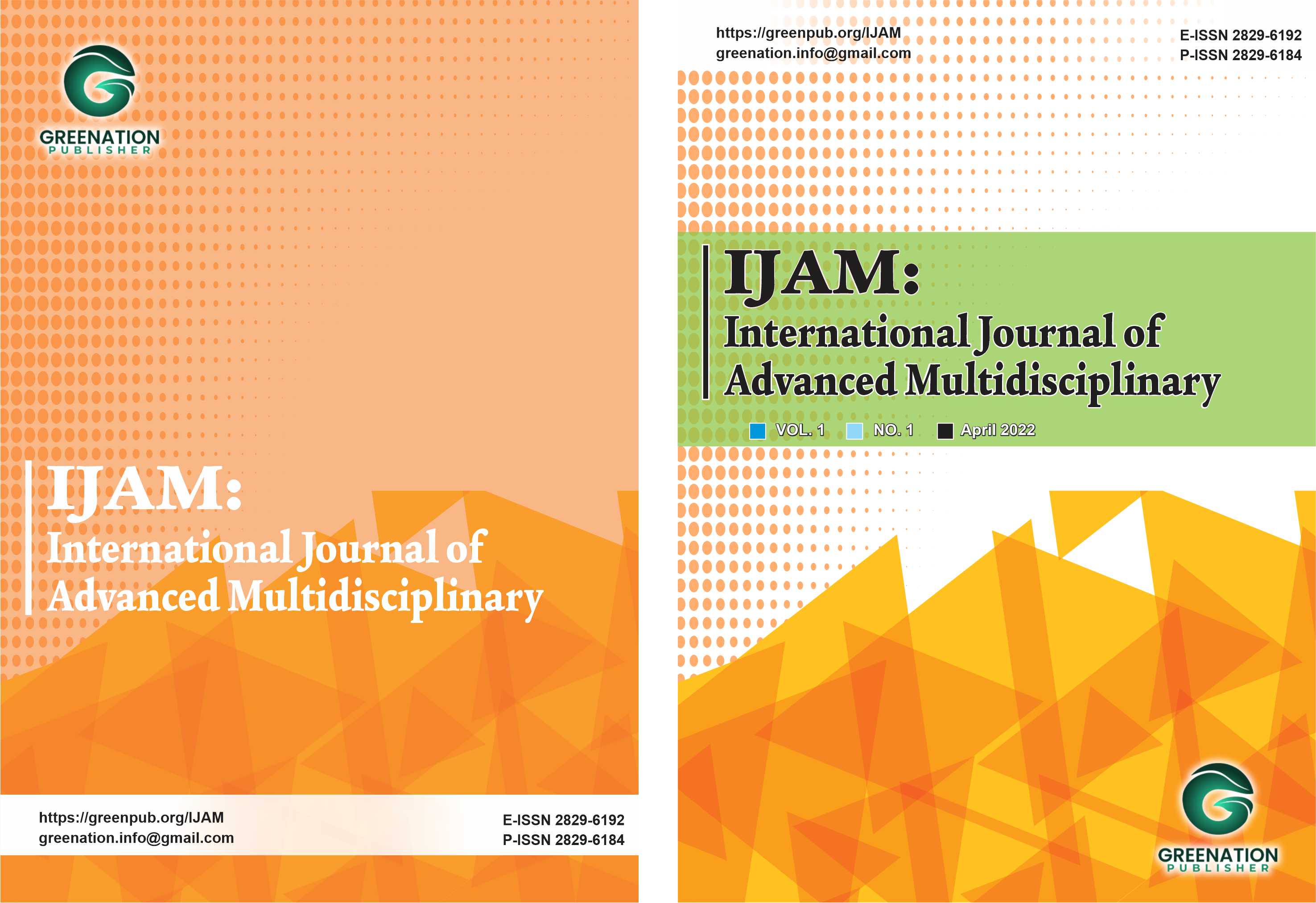Factors Influencing Islamic Education Management; Educators, Curriculum, Work Culture
DOI:
https://doi.org/10.38035/ijam.v2i2.274Keywords:
Management, Islamic Education, Education Personnel, Curriculum, Work CultureAbstract
In carrying out Islamic education management, it is important to pay attention to and manage these factors. educators , curriculum and work culture. Qualified educators have a very important role in the management of Islamic education. Curriculum plays an important role in the management of Islamic education. Factors that influence the management of Islamic education through the curriculum include: relevance, continuity, adaptability, and Islamic integrity. The work culture that is built in the Islamic education environment also has a major influence on educational management. Several factors influence the management of Islamic education through work culture, including: Cooperation, Leadership, work ethic, and professional ethics.
References
Abdul Hadith, Nurhayati Bawa. 2014. Education Quality Management , scholar . Bandung, Alphabet
Abdul Mujib. (2008). Islamic Education. golden
Ali, H., & Limakrisna, N. (2013). Research Methodology ( Practical Instructions for Solving Business Problems, Compilation of Thesis, Thesis, and Dissertation. In Deeppublish: Yogyakarta.
Daradjat, Zakiyah et al. 1996. Islamic Education. Earth Script: Jakarta.
Fadhli, M. (2017). Education Quality Improvement Management. Tadbir : Journal of Studies. Education Management. https://doi.org/10.29240/jsmp.v1i2.295
Fathurrohman, Muhammad Nur and Sulistyorini. 2012. Implementation of Islamic Education Quality Improvement management. Yogyakarta, Terraces
Fattah, N. (2016). Foundation of Education Management. In Bandung: Rosdakarya Youth.
Hasibuan, AA, Shah, D., & Marzuki, M. (2018). Management of Character Education in High School. Tarbawi: Scientific Journal of Education Management.
https://doi.org/10.32678/tarbawi.v4i02.1230
Husaini, U. (2008). Management: Theory, Practice and Educational Research. In SCMS Journal January-March 2008.
Idy, Abdullah. 2007. Theory and Practice Curriculum Development.
Ar-Ruzz Media: Yogyakarta
Kuntoro, AT (2019). Islamic Education Quality Management. Educational Journal.
https://doi.org/10.24090/jk.v7i1.2928
Kristiawan, M., Safitri, D., & Rena Lestari. (2017). Education Management. Deepublish.
Madarik, M. (2018). Madrasah Management in Islamic Perspective. Scholar: Journal of Islamic Studies. https://doi.org/10.37348/cendekia.v2i1.25
M. Ahmad. (1998). Curriculum Development. Faithful Library
M. Arifin. 1991. Islamic Education. Earth Script: Jakarta.
Nasution, S. (2002). Research methods. Jakarta: Rineka Cipta.
Nawawi, Hadari 2003: Human Resource Management, fifth issue, Gajah Mada University Press, Yogyakarta.S.Nasution.1994. Curriculum Principles Literature Earth: Jakarta..
Omar Mohammad Al-Toumy A-Syaibany, 1984. Philosophy of Islamic Education, (Terj. Hassan Langgulung). Crescent Star: Jakarta.
Putra, MRE, Prananosa, AG, & Marianita, M. (2018). Management of SDIT Mutiara Cendekia Lubuklinggau Educators . Alignment: Journal of Administration and Educational Management, 1(1), 38–47.
Ramayulis. 2006. Islamic Education. Noble Kalam: Jakarta.
Salamah, Development of a Holistic Curriculum Model: Islamic Religious Education in Madrasah Tsanawiyah (Yogyakarta: Aswaja Pressindo, 2011), h. 13.
Suharsimi, A. (2013). Research methodology. In the earth of characters.
Supriyadi, Gering and Guno Tri; 2003: Work Culture of Government Organizations. Jakarta Administrative Institute
National Education System Law 2003 (Jakarta: SL Media, 2011), p. 22
Zakia Daradjat, et al, 2004, Islamic Education, Jakarta: Earth Script
Zazin, Nur. 2017. Education Quality Management Movement Theory and Application. Yogyakarta. Ar-Ruzz Media
Downloads
Published
How to Cite
Issue
Section
License
Authors who publish their manuscripts in this journal agree to the following conditions:
- The copyright on each article belongs to the author(s).
- The author acknowledges that the International Journal of Advanced Multidisciplinary (IJAM) has the right to be the first to publish with a Creative Commons Attribution 4.0 International license (Attribution 4.0 International (CC BY 4.0).
- Authors can submit articles separately, arrange for the non-exclusive distribution of manuscripts that have been published in this journal into other versions (e.g., sent to the author's institutional repository, publication into books, etc.), by acknowledging that the manuscript has been published for the first time in the International Journal of Advanced Multidisciplinary (IJAM).






















